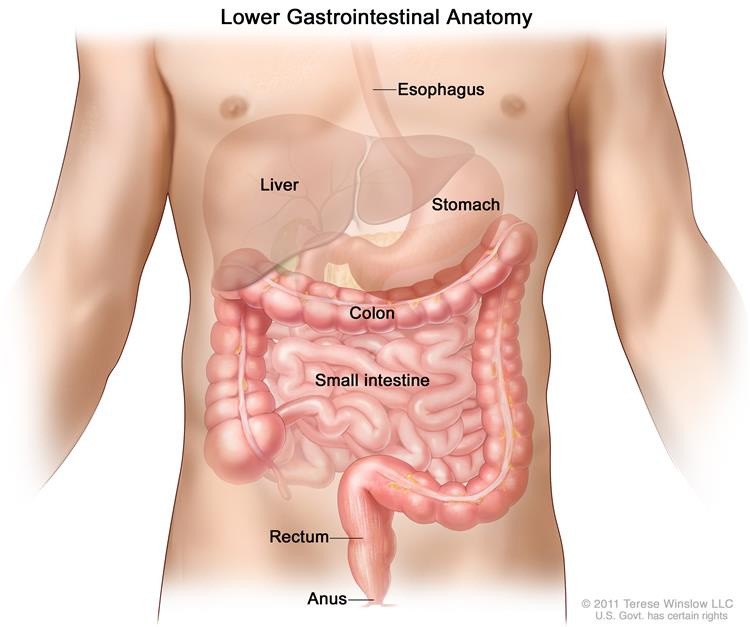
There is a significant increase in anal cancer cases in the United States, according to health experts.
In the span of 15 years, at least 69,000 cases with 12,000 deaths were identified, with most of them coming from the cluster of black millennials and older people. There is also a significant increase in "distant-stage" disease -- or the condition when cancer has spread to other parts of the body.
Anal cancer usually affects the anus, which is the end of the digestive tract.
Ashish A. Deshmukh, the lead author of the study also said that the rarity of this cancer has lead to negligence.
What is the cause of anal cancer?
The US Centers for Disease Control and Prevention (CDC) reported that at least 90 percent of anal cancer patients were diagnosed with squamous cell carcinoma, which is caused by human papillomavirus (HPV).
According to the National Cancer Institute (NCI), HPV causes abnormal tissue growth like warts. Although it is primarily transferred through skin-to-skin contact, at least 40 strands of viruses are passed through sexual contact. CDC even classified it as the most common sexually-transmitted infection (STI).
The study published in the Journal of the National Cancer Institute claimed that there are "substantial changes" for the risk factors for anal cancer. These include changes in sexual behavior and engaging sex with multiple partners, which both increase the risk of contracting HPV.
Other risk factors include suffering from cervical or vulvar cancer, have under an organ transplant, and smoking. HIV infection is also mentioned, and the researchers speculated that the epidemic might have influenced the cancer trend.
Which groups have the highest number of anal cancer patients?
According to studies, most patients belong to the age group of 50 years old and above.
Colorectal surgeon Dr. Virginia Shaffer, who is not involved in the study, speculated that lack of access to the HPV vaccine might have caused this. When the vaccine was introduced in 2006, it was only licensed to be administered for people ages 9 to 26, leaving out the older adults.
But CDC said that adults up to 45 years old can take the vaccination. Unfortunately, many older people cannot take it anymore since the vaccine is not licensed to be administered beyond the recommended age group.
The cancer is also rising among young adults with African descent, especially those who have male-to-male sexual activity due to HIV infection.
The HIV infection might have caused the rising number of advanced-stage cases as well. According to Dr. Shaffer, the compromised immune system that HIV patients have, might cause substantial progress prior to cancer diagnosis.
"There's nothing to be ashamed of."
Desperate Housewives star Marcia Cross, who also suffered from anal cancer, called out fellow patients to not be ashamed of something beyond their control. It's not like you did something bad just because the viruses have taken up residence in your anus, she said in an interview in June.
Dr. Shaffer thought that most patients do not get diagnosed until much later because they think their condition is merely hemorrhoids.
Aside from early diagnosis, Dr. Shaffer believes that strengthening the prevention efforts is a necessity, so she encouraged people who are qualified for vaccines to take it. She also wants further study on expanding the current HPV vaccine guidelines so that even older people could have it.
© 2025 NatureWorldNews.com All rights reserved. Do not reproduce without permission.





